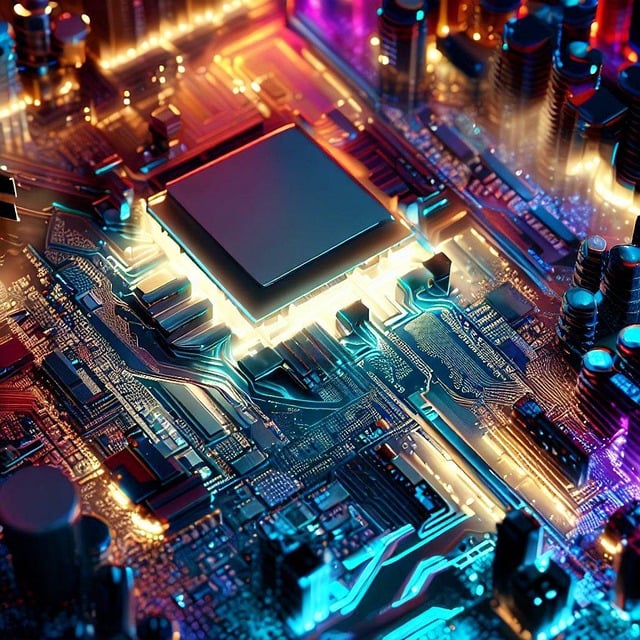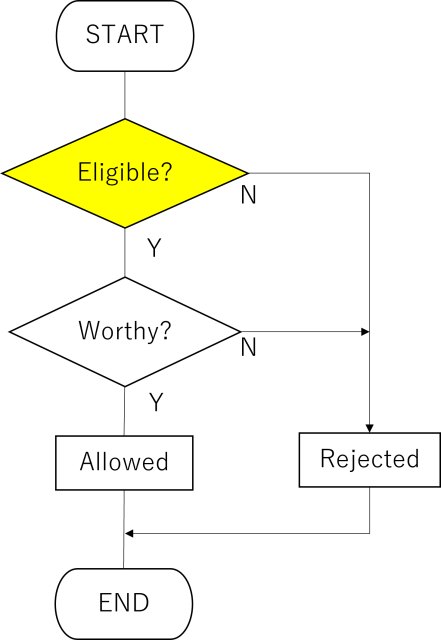In conclusion, of course, algorithms are patentable.
Eligibility for Invention
An "invention" as defined in the (Japanese) Patent Law is "an advanced creation of a technical idea that makes use of laws of nature.
The key point in certifying an invention is whether or not it utilizes the laws of nature.

The JPO's examination criteria list the following examples of ideas that do not utilize laws of nature.
- Ideas that make use of laws other than laws of nature
- Ideas that are merely artificial arrangements
- Mathematical formulas
- Human mental activity
Empirical laws, such as Parkinson's Law, are not regarded as laws of nature.
Game rules are "artificial arrangements" and algorithms are both "artificial arrangements" and "mathematical formulas".
Although no definition of " laws of nature " is provided in patent law, it seems to assume the reproducibility of events, that is, that the same result can be obtained repeatedly by anyone using the invention.
Since the reproducibility of events is the essence of technology, in sum, all that is required is that it be technology.
Computers use the laws of nature.
A computer is an event-reproducing device that, once software is created, can output the same results repeatedly to anyone.
The computer controls the vast number of transistors in the memory and CPU according to the instructions of the software, and uses electricity (a natural phenomenon!) to produce the desired results. The logic goes that computers "use the laws of nature."
Thus, when an algorithm is implemented as software and the software uses a computer to execute the algorithm, the laws of nature are being used.
By this kind of logic, even inventions that at first glance do not seem to be related to the laws of nature, such as computer games, business method patents, and fintech patents (patents on finance), can be patented.

As shown in the flowchart above, patent examination is conducted in two stages.
In the first stage, it is judged whether the invention is an "invention" under the Patent Law.
If recognized as an invention, the second step is to judge whether the invention is patentable.
Is the Sharpe Ratio also an invention?
As an example, the Sharpe Ratio is a formula used to determine whether the return on an investment is commensurate with the risk taken.
Since the Sharpe Ratio is also a calculation method, it is a kind of algorithm.
The Sharpe Ratio was conceptualized as an indicator for evaluating investment performance.
It is not that it is impossible to evaluate investment performance without the Sharpe Ratio, but rather that the Sharpe Ratio formula was conceived as a convenient formula for evaluating investment performance, and therefore, the Sharpe Ratio is an artificial arrangement.
If one first came up with the idea of a Sharpe Ratio and described the formula for the Sharpe Ratio as it is in the claims, it would be deemed "not using laws of nature," and thus would not be patentable.
However, if the claims describe a program, method, or apparatus that implements an algorithm for calculating the Sharpe Ratio, then the claims will be regarded as "using a law of nature" as long as the claims specifically state that a computer is used and that the algorithm is for use with a computer.
If it's implemented in a computer, it's an invention.
Thus, a business method, a medical examination method, a financial mechanism, or even the rules of a game are " inventions" as long as the procedure is logicalized (formulated) as an algorithm and the algorithm is executed by a computer.
It is up to the examiner to decide to what extent the invention should be expressed in a computer-like manner, but if the examiner considers that the expression is indistinguishable from work done by a human being, the invention would not be recognized as an invention.
Suppose a patent is obtained for a computer that implements Algorithm A.
In this case, whether on a personal computer or a smartphone, the patent would be infringed as soon as the software that implements Algorithm A is installed.
Obtaining a patent on a computer implementing Algorithm A is almost equivalent to obtaining a patent on Algorithm A.
Even if artificial arrangements, laws other than the laws of nature, or human mental activity are involved, if it can be determined that the invention as a whole utilizes laws of nature, it can be patented.
When in this manner, anything is possible.
There is always the possibility of a very strong patent being granted.
Also, the value of algorithms in business is rapidly increasing, with AI being a prime example.
Because of this background, algorithm inventions are controversial, and patent examination procedures are still being explored.